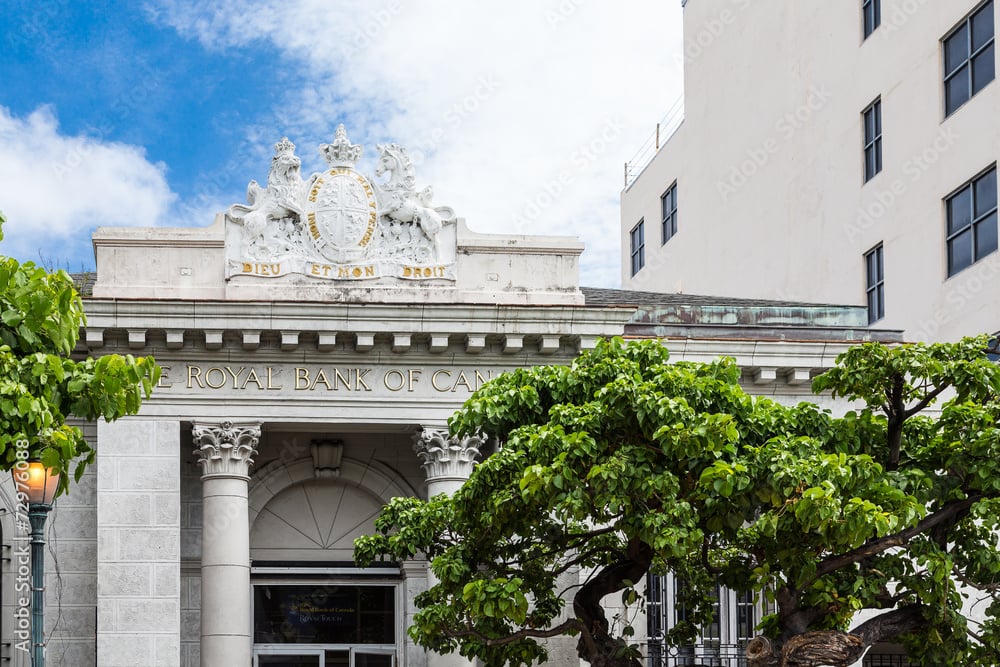Biggest rise in employment since September 2010
LONDON (Reuters) — Britain's jobless rate fell unexpectedly in the three months to February and employment rose, a sign that companies are feeling more confident about hiring.
The figures will come as welcome news to the government, which is banking on the private sector to create jobs and help fill the gap created by public spending cuts. However, weaker wage growth spelled bad news for squeezed households.
``The U.K. labor market recovery is looking a bit healthier,'' said Vicky Redwood of Capital Economics. ``But the continued falls in real pay do not bode well for consumer spending.''
The Office for National Statistics said the number of people without a job on the broad ILO measure fell by 17,000 in the three months to February to 2.48 million. That reduced the jobless rate to 7.8 per cent, below forecasts for a reading of eight per cent.
It was the first fall in both the actual number out of work and rate of unemployment since last September.
The number of people in employment also rose by 143,000 in the three months to February — the biggest increase since last September and driven by the biggest rise in the number of people in full-time employment since May 2007.
The overall positive tone to the data were slightly marred by a small rise of 700 in the more timely claimant count measure of unemployment for March.
Wage growth also slowed, with average weekly earnings growth including bonuses easing to two per cent from 2.3 per cent in the three months to January and well below forecasts for a rise of 2.6 per cent.
As such, the figures did little to alter expectations that the Bank of England will not rush to raise interest rates from their record low 0.5 per cent. A surprise slowdown in inflation last month all but wiped out expectations of any tightening in May and caused markets to doubt any move before August.




